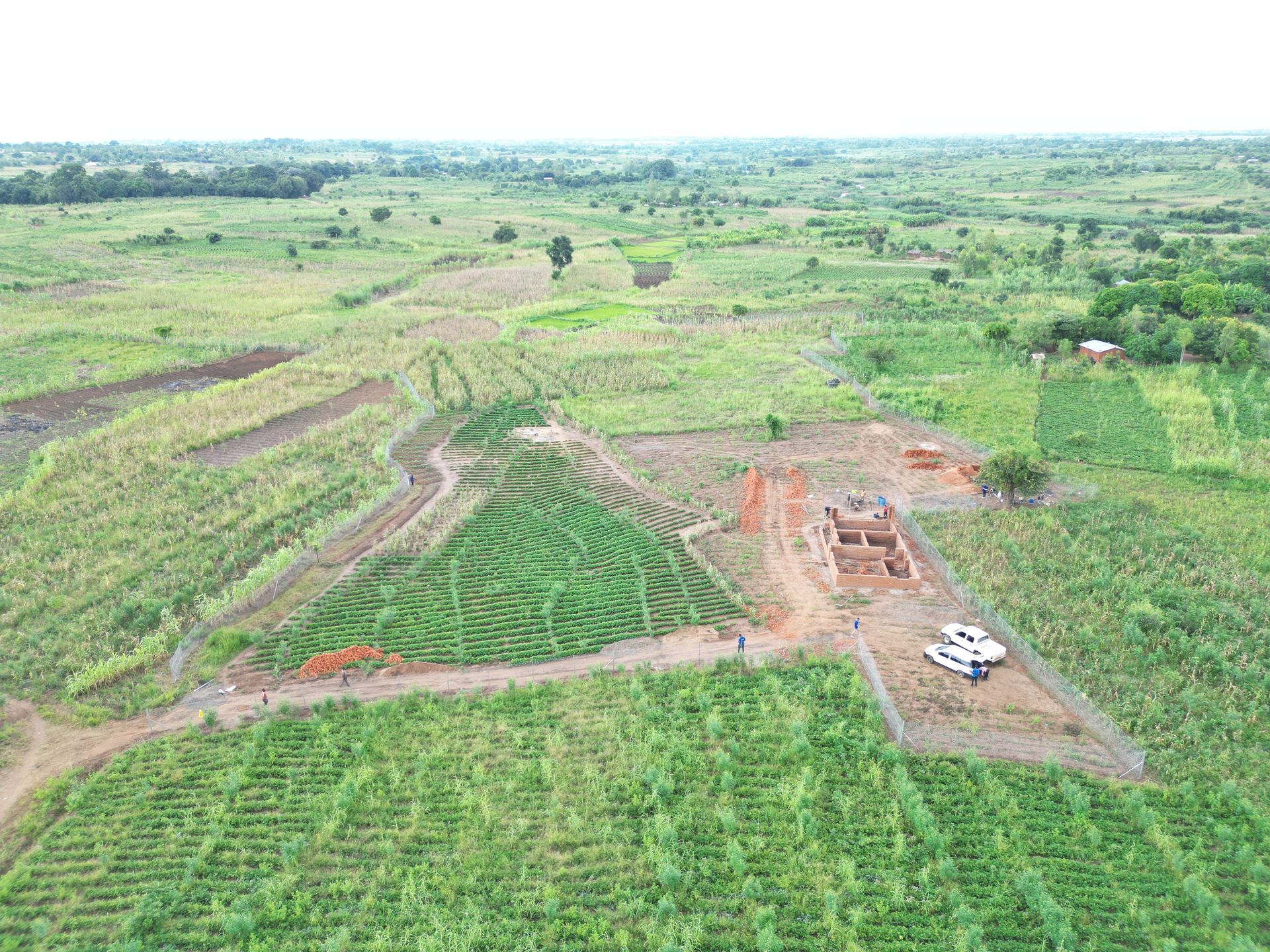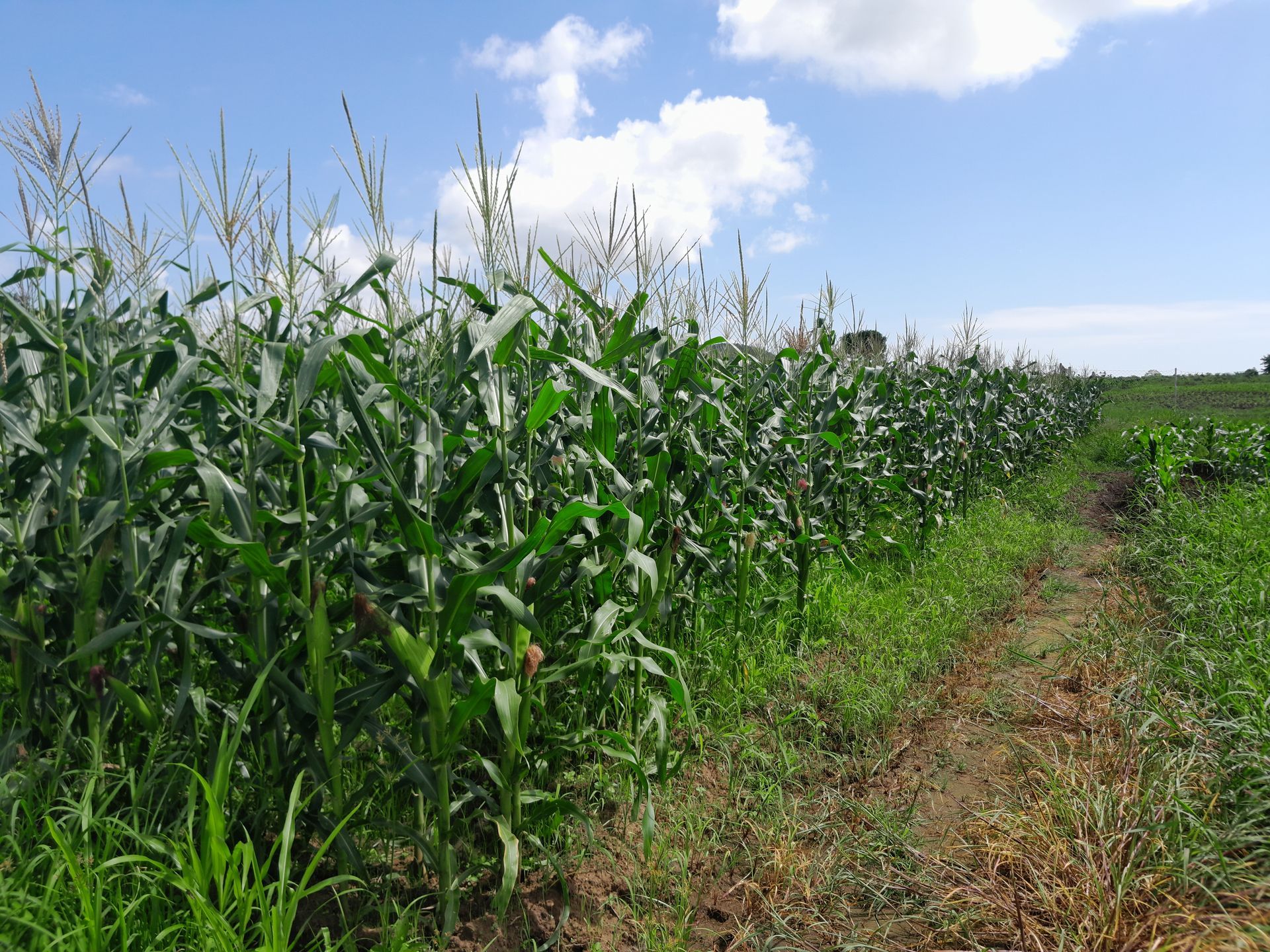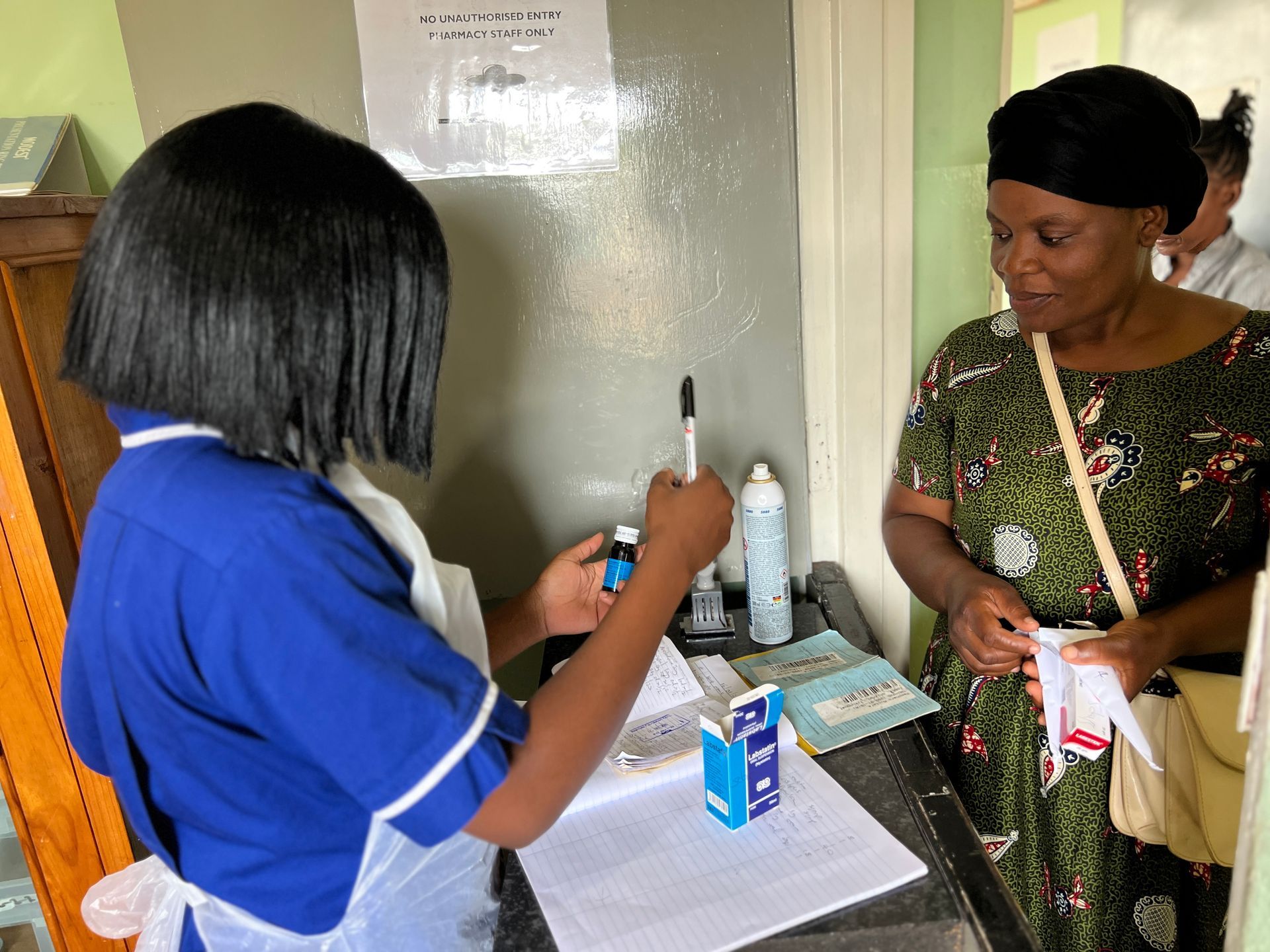Adult literacy programme…
LIVENESS is a 33 year old lady from the community who started benefiting from Sparkle Adult literacy programme in 2020. At 35 you are seen as elderly in Malawi, with an average life expectancy of 64 for a woman. Since she can remember, Liveness was receiving letters in the post and had to find someone else in the village to read these out to her. It was her dream to one day be able to do this herself but she never thought at her age, she would be given the opportunity to learn. Sparkle’s adult literacy programme changed that and we will never forget the moment she recited her first letter perfectly out to the rest of the class! We were so proud of her.




